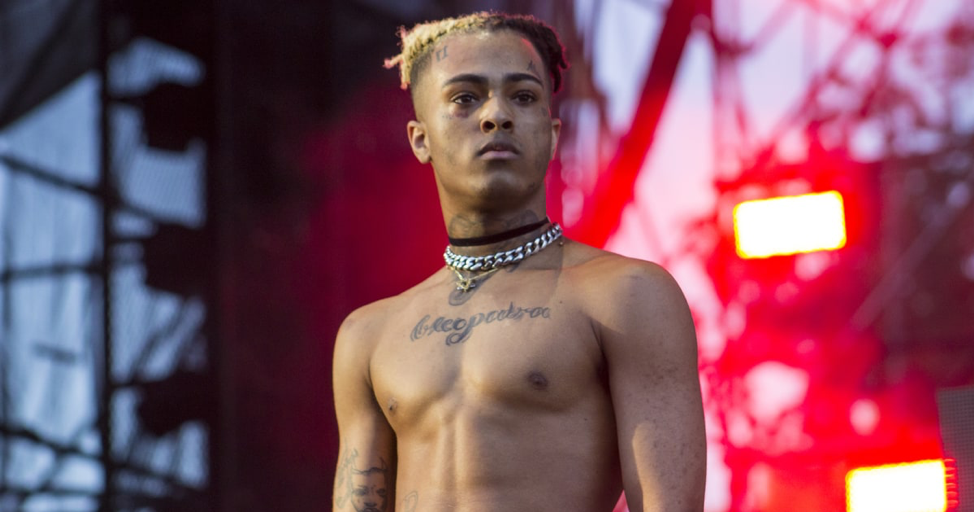When is The Right Time To Mourn: The Controversy Behind XXXTentacion

“On Monday June 18, XXXTentacion (Jahseh Dwayne Onfroy) was shot and killed in an apparent robbery”
On Monday June 18, XXXTentacion (Jahseh Dwayne Onfroy) was shot and killed in an apparent robbery attempt outside a motorcycle dealership in Broward County, Florida. Two days later Broward County Police reported that a suspect has been arrested for first degree murder.
At 20 years old, XXX’s rising fame was overshadowed by a brutally violent past and a long rap sheet of criminal charges. A mere 13 days before his death, the Miami New Times published a thorough piece, recounting haunting details including nearly beating his cellmate to death, domestic battery, false imprisonment and witness tampering. His ex-girlfriend (Geneva Ayala), was also interviewed in the article. Her testimony of the abuse she endured (at the time) was so chilling, it was as if it was out of a horror movie.
Yet with his undeniable talents, he remained adored by his cult-like fan base, co-signed by fellow artists and revered by tastemakers alike; his debut single “Look at Me” went certified platinum and his sophomore (now final) album ? debuted at no. 1 on Billboard.
Despite his commercial success, the allegations against him were too strong to ignore. On that fateful afternoon in Florida, social media’s court of public opinion weighed in heavy. Some mourned, some felt he “had it coming”, some jumped to his defence and some were just plain indifferent. Kanye West, Travis Barker, Diplo, J. Cole, Jidenna, even Erykah Badu all took to their platforms to express their sympathy. Some were even inspired by him. Their thoughts, however, were countered with backhanded condolences, downright elation and Snapchat videos of X’s lifeless body – proving yet again how dark of a space social media can be.
“He was lost, made mistakes, had time to grow” juxtaposed with “stop making excuse for abusers!” flooded timelines for the next 48 hours. It all leads to the question – is it possible to show compassion for life taken so senselessly, while acknowledging their abusive past and (more importantly) the victims affected by it?
If you showed empathy for X, you were chastised for “caping for an abuser.” If you showed more empathy for his victim(s), you were chastised for “having no compassion” for someone who just died. Can there be a grey area in this public mourning of celebrities who have committed horrible things?
As ugly as X’s past was, his music exuded his personal pain and depression – feelings that are all too relatable to escape. Fans recounted that his music touched them so much that it saved them from committing suicide. As Lindsay Zoladz wrote so articulately in The Ringer: “If we act as if he never existed, or as if he was not as popular as he was…or as if his fans didn’t see some articulation of their own hurt and hopelessness in his music, we’re lying to ourselves. It sits uncomfortably with me, too, but it’s true: Something about what he was doing was really getting through to people, and very young people in particular.”
It’s a slippery slope. Since Monday, X’s catalogue has skyrocketed across all major streaming platforms and currently boasts 50% of Genius’ Top Songs. X’s legacy being celebrated. Yet the world would be doing a disservice to all survivors of abuse if we ignore the giant elephant in the room. We can’t erase a person’s actions because their life is cut short, but neither can we be ashamed for paying respect while the body is still warm.
